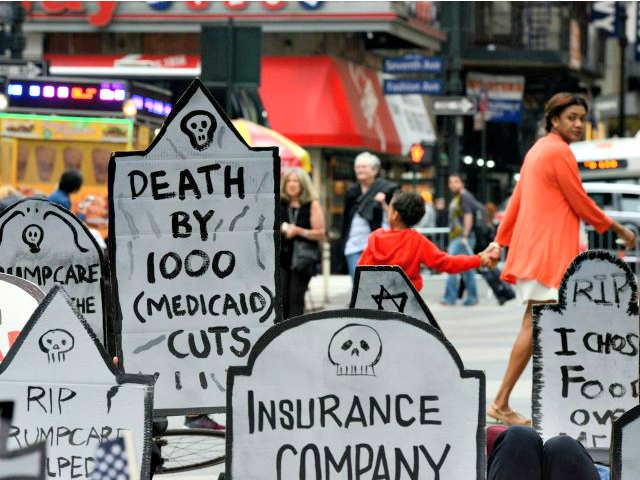A new Congressional Budget Office (CBO) report states that the Senate’s healthcare bill, the Better Care Reconciliation Act (BCRA), would lower Medicaid outlays by 35 percent over the next two decades.
The reduction in Medicaid occurs after 2025 when the BCRA would impose a slower growth rate for Medicaid. The BCRA enacts a per capita cap on Medicaid spending and states also have the option to block grant Medicaid.
Under the CBO’s baseline, Medicaid spending would grow at 5.1 percent per year over the next 20 years, mainly through a rise in the price of medical services. Under the BCRA, Medicaid spending would grow at 1.9 percent per year through 2026 and then at 3.5 percent per year in the decade after 2026.
The CBO report earlier this week estimated that the BCRA would reduce Medicaid spending by $772 billion over the next ten years. Senate Democrats asked for an additional analysis, contending that the ten-year estimate was not sufficient to gauge the effects of the BCRA.
The first CBO report stated that under the BCRA, 22 million more Americans would not have health insurance by 2026 and would reduce the deficit by $321 billion over the next decade.
Read the CBO’s report here.

COMMENTS
Please let us know if you're having issues with commenting.